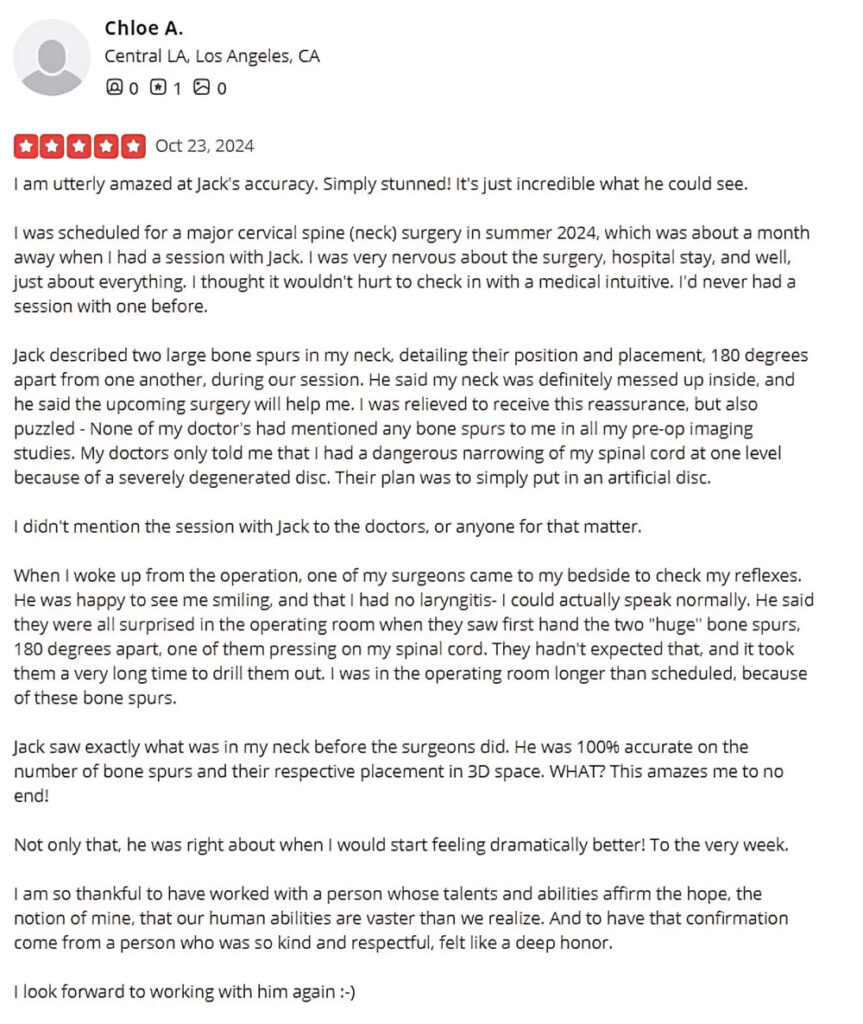Intimate relationships are complex webs of emotions, vulnerabilities, and shared experiences. When two individuals come together, they bring their own histories, insecurities, and expectations into the dynamic. In this intricate dance, a phenomenon known as affected reality can emerge, where couples project their fears, insecurities, and unprocessed emotions onto one another. This projection can lead to a toxic cycle of gaslighting, causing immense pain and damage to the relationship. In this article, we will explore the concept of affected reality, delve into why couples project onto one another and examine how it can ultimately lead to gaslighting.
Understanding Affected Reality
Affected reality refers to a state in which an individual’s perception of reality is distorted by their own emotions, past traumas, and unhealed wounds. In the context of intimate relationships, affected reality arises when one partner imposes their subjective experience onto the other, often without recognizing or acknowledging their own projections. This distortion of reality can manifest in various ways, such as misinterpretation of actions, false assumptions, and unreasonable expectations.
“Paranormal enthusiasts are uniquely susceptible to managing their anxieties through distorting reality as a way to confirm their psychic identity. This is especially true in relationships when one or both parties unknowingly project their emotional baggage onto the other and subsequently confirm those feelings by mindreading.
Mindreading is a defensive coping strategy in response to conflict that seeks to gain control rather than share transparency. Mindreading occurs when one feels they intuitively know the “real” thoughts, feelings, and motivations of others. Those who mindread, according to Los Angeles Psychic and Spiritual counselor Jack Rourke, create an affected reality by overlaying their hurt and opinions on interpersonal relations. They then analyze and interpret that mental projection as if the projection is the real situation.”
Why do couples Project onto Each other?
Without trying couples can unknowingly perceive their own unresolved emotional baggage as an issue in their partner as a result of feeling their past when triggered. This is called projection.
Many individuals bring unresolved emotional baggage from past experiences into their relationships. These unresolved emotions, such as trust issues, abandonment fears, or childhood traumas, can resurface and be projected onto their partner, leading to misinterpretations and misunderstandings. Below are two common causes for projection.
- Insecurity and Self-Doubt: Insecurities and self-doubt can fuel the need for validation and reassurance from a partner. When these insecurities are not addressed, they can give rise to projection, as individuals seek affirmation or blame their partner for their own feelings of inadequacy.
-
Defense Mechanism: Projection can also serve as a defense mechanism to protect oneself from acknowledging and dealing with uncomfortable emotions. By projecting these emotions onto their partner, individuals can avoid facing their own shortcomings and vulnerabilities.
The Path to Gaslighting
Gaslighting is a harmful manipulation tactic in which one partner systematically undermines the other’s perception of reality. The projection of emotions and distorted interpretations of events lay the groundwork for gaslighting behaviors. Here’s how projection can lead to gaslighting:
-
Invalidating Experiences: When one partner projects their emotions onto the other, they may invalidate the other person’s experiences and emotions. By dismissing their partner’s feelings as irrational or unwarranted, they manipulate them into questioning their own reality.
-
Blaming and Shaming: Projection can lead to blame-shifting, where the projecting partner holds the other responsible for their own emotional state. By projecting their insecurities or negative emotions onto their partner, they can make the other person feel guilty or responsible for their distress.
-
Manipulation and Control: Gaslighters often manipulate their partner’s perception of reality to gain control over the relationship. They may use tactics such as distorting facts, lying, or withholding information to confuse and destabilize their partner’s sense of truth.
The Impact and Healing
Gaslighting and affected reality can have devastating consequences on the emotional well-being of the victim and the overall health of the relationship. The gaslighted partner may experience self-doubt, anxiety, and a diminished sense of self-worth. Rebuilding trust and healing from the pain of affected reality and gaslighting requires:
-
Awareness and Self-Reflection: Both partners must develop self-awareness to recognize their own projections and the impact they have on the relationship. This requires an honest examination of past traumas, insecurities, and patterns of behavior.
-
Open Communication: Creating a safe and non-judgmental space for open communication is crucial for addressing affected reality and gaslighting. Both partners should express their feelings, needs, and fears without fear of invalidation or retribution.
-
Therapy and Support: Seeking professional help from therapists or counselors trained in relationship dynamics can provide valuable guidance and support in navigating the complexities of affected reality and gaslighting. Therapy can help both partners explore their emotions, develop healthy coping mechanisms, and rebuild trust.
“We have to remember, feelings are not facts”, says Jack Rourke, author of the
Commercial metaphysics, by and large, indoctrinates people with ideologies that attempt to control and bypass reality. If not careful, exposure to esoterica can result in sensitive otherwise kind people feeling imbued with a spiritual superiority that transforms them into gaslighters who manipulate based on their disowned emotions and unmet needs. The propensity to assign fault to our partners for what we are feeling is abuse that makes it very difficult to maintain intimate relationships.” So, here are three ways of recovering from or avoiding gaslighting, projection, and affected reality in romantic relations according to Jack Rourke.
-
Cultivate Emotional Safety: Building a foundation of emotional safety is crucial for restoring trust and intimacy. This involves creating an environment where both partners feel heard, understood, and validated. Practice active listening, empathy, and non-judgmental communication. Create space for vulnerability and express genuine care and concern for each other’s emotions.
-
Foster Openness and Honesty: Rebuilding trust requires a commitment to transparency and honesty. Encourage open dialogue about thoughts, feelings, and concerns, even if they may be uncomfortable. Establishing a culture of honesty allows both partners to feel secure in sharing their authentic selves without fear of judgment or retribution.
-
Collaborative Problem-Solving: Work together as a team to address the issues that may have contributed to affected reality and gaslighting. Approach problems and conflicts with a mindset of collaboration rather than defensiveness. Seek common ground, compromise, and find solutions that benefit both partners. This collaborative approach reinforces a sense of unity and strengthens the bond between you.
Conclusion:
The pain of affected reality in intimate relationships can be profound, leading to gaslighting and emotional distress. Recognizing the patterns of projection, understanding its underlying causes, and addressing the resulting gaslighting behaviors are essential steps in fostering healthy and thriving relationships. By cultivating self-awareness, open communication, and seeking professional support, couples can break free from the toxic cycle and create a more authentic and compassionate connection, built on trust and understanding.







